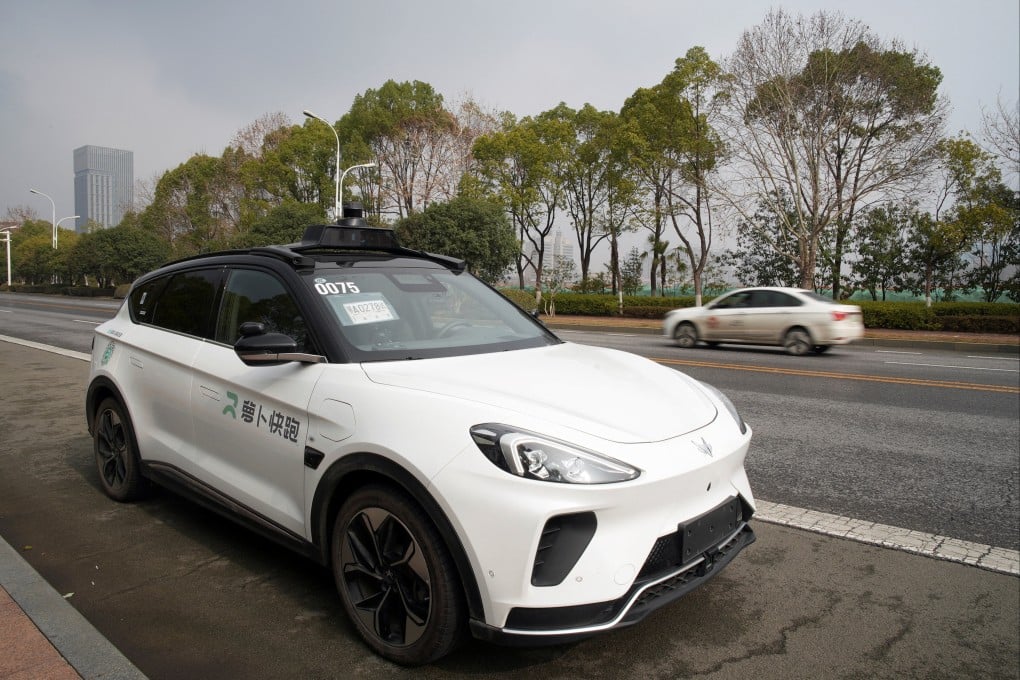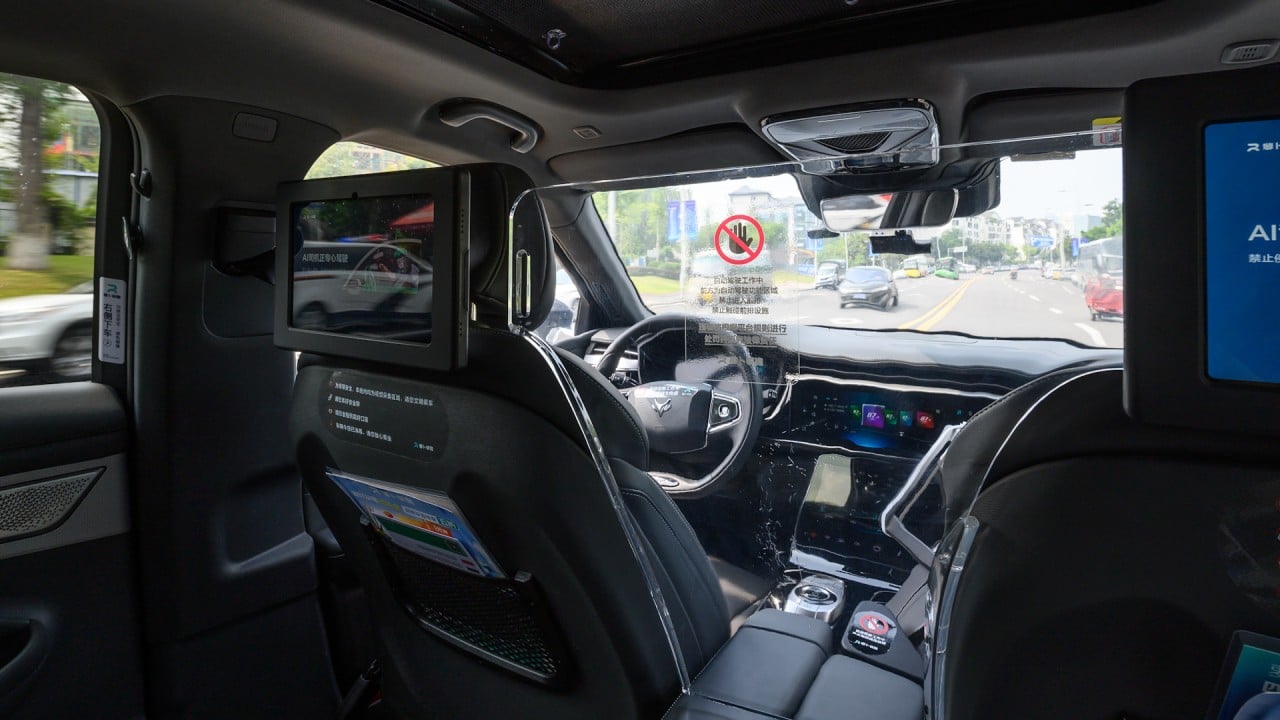China’s robotaxi bet: all roads on island connecting Macau open to self-driving cars
- The Hengqin Cooperation Zone has approved the last batch of its 330km road network for testing self-driving cars amid a push for the tech in the Greater Bay Area

The Hengqin Cooperation Zone, a priority development area aimed at fostering economic cooperation between Macau and Guangdong province, made 330 kilometres of road available for autonomous driving tests as it joins efforts to turn the Greater Bay Area into a hub for self-driving tech.
The district had been gradually opening up parts of the road network to autonomous driving since September 2022, when it made the first 22km available for such tests. Its fourth approval on Friday covered the final 135km of the network.
By opening up the entire road network, which covers “a variety of traffic scenarios”, Hengqin aims to assist self-driving car manufacturers in “collecting more comprehensive road data to optimise their self-driving algorithms”, according to a statement posted to the cooperation zone’s official WeChat account.
Additionally, this move is expected to “attract more self-driving car enterprises and research and development institutions to settle in Hengqin, which will form an intelligent driverless car industry cluster in the cooperation zone”.

